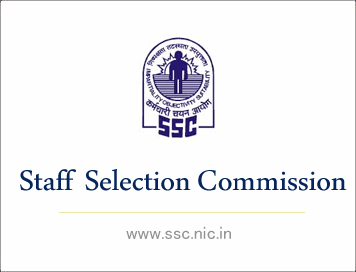
Rajasthan Public Service Commission
RAS Pre-Syllabus: Civil Engineering (Code No. 06)
1. Engineering materials & construction technology
Selection of site for the construction of various types of building: Planning
& Orientation of Building. Bonds in Masonry, Damp Proof Course, Scaffolding,
underpinning & Raking. Floors, Staircases, Roofs, Doors and Windows etc.
Requirements of fire protection, Ventilation & air conditioning, and Acoustics.
Building materials: Stones, Bricks, Timber, Lime, Cement, mortar, Plain &
Reinforced Cement Concrete, Paints, Varnishes & Distemper.
2. Surveying
Generally adopted Scales, Chain and compass surveying: Levelling: Temporary &
permanent adjustments of levels & Theodolite. Use of Theodolite, Tacheometry,
Trigonometrical & Triangulation survey. Traversing & Traverse Adjustment;
Contours and contouring: Simple Circular, Compound and Transition curves and
their setting out: Theory of errors and survey adjustment.
3. Soil Engineering
Classification of soil as per I.S. Code, Field identification tests for
soils; water content, specific gravity, voids ratio, porosity, degree of
saturation; Unit weight, density index etc; and their inter-relationship,
determination of various properties of soils as noted above as well as grain
size distribution, consistency limits etc.
Soil permeability and its determination in the laboratory and field; Darcy's
law, flow nets, its construction and uses. Compaction of soil and quality
control, soil stabilization methods, Newmark's chart
and its uses.
Elements of shear strength parameters and their determination. Terzaghi's
theory, Bearing capacity & Design Criteria for shallow foundation. Earth
pressures on retaining wall; stability of simple slopes.
4. Structural mechanics
Stress and strains, elastic constants, factor of safety, relation among
elastic constants. Bending moment and shear force diagrams for cantilever,
simply supported and overhanging, Fixed & continuous beams subjected to static
loads, concentrated uniformly, distributed and uniformly varying. Theory of
simple bending. Shear Stress, Shear Center.
Deflection of cantilever, Simply supported fixed and continuous beams.
5. Steel structures
Design of ordinary and plate girder beams, roof trusses, welded joints,
axially and eccentrically loaded columns, Grillage, Gusseted & slab base
foundation. Provision of IS:800 and 875.





